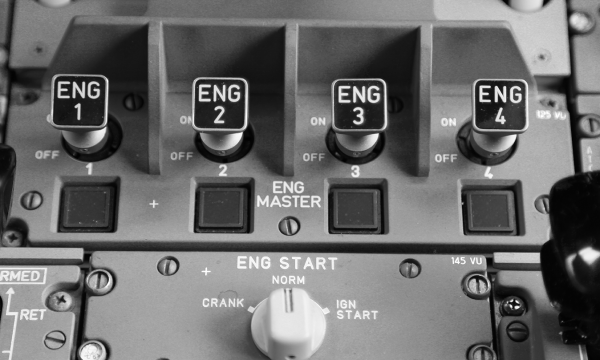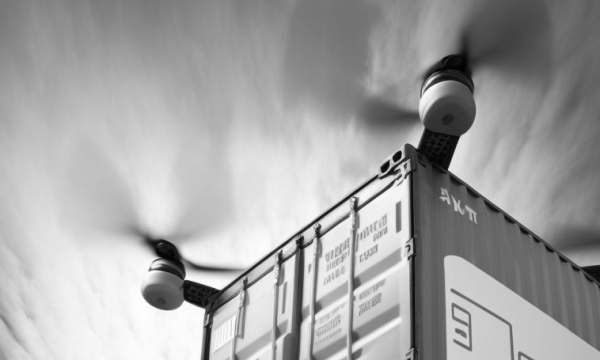Expect the unexpected.
Structured handling of delays is essential to ward off financial and reputational damage. Delay Management is part of the airline’s quality management and needs the direct patronage of executive management.
Investigation of the reasons for delay.
Analogous to the recording of incidents in Safety Management (established via Just Culture1), the recording of delays should take place within the framework of non-punitive procedures. The processing of delays often fails due to the existence of reliable data. The following reasons can be observed again and again:
- Wrong reasons are deliberately recorded, as the person recording the delay wishes to deny responsibility for the delay: For example, for many airlines, the delay is covered by the contracted handling company.
- Incorrect reasons are recorded unintentionally, for example due to inadequate training: Insufficient knowledge of handling processes leads to wrong conclusions.
- The system for recording delays is too unspecific or completely unsuitable.
An analysis of tens of thousands of flights carried out by a large German airline, on which both pilots and ground handling personnel simultaneously recorded reasons for delays, revealed serious deviations in the assessment of all those reasons for which either ground handling personnel or pilots were responsible. As a result, a solution was found where there was clearing between the dispatching station and the pilots.
Delay Management in a nutshell.
Preventive Delay Management starts with flight planning. For example, the determination of flight and turnaround times. This should be chosen in such a way that they are realistic and sometimes buffers are installed to intercept built up delays. Experience gained from delays should also be taken into account. The definition of crew routes also has an influence on later delays. For example, crew changes on tight turnarounds or longer transport journeys before flights should be avoided. A good training of the delay recording persons is also an essential component of the Preventive Delay Management. The same applies to the determination of which group of people will record delays at all. A company policy should make every employee responsible for actively reducing delays through his or her actions. To this end, every employee should be trained in the possibilities of influencing delays in his area of responsibility. The company should communicate punctuality targets to its employees and launch regular Delay Prevention Campaigns. Every employee must be aware of the consequences of delays, e.g. due to passenger rights.
In order to prevent delays at short notice and as cheaply as possible, it is important to identify and react to potential risks of delay at an early stage. This is the task of the Operations Control Center in cooperation with the handling units. The first supporting systems are currently coming onto the market. These systems use artificial intelligence to detect delay risks at an early stage and to suggest courses of action to avoid delays.
Acute Delay Management is about limiting damage. Delays are isolated and measures are taken to return to normal operation as quickly as possible. In addition to classic measures such as aircraft changes, cancellations or consolidations, other strategic measures such as the tactical target are used.
An essential part of Delay Management is the tracking of delays. We know from experience that even large airlines are simply drowned by the multitude of delay events. A structured and unyielding processing of delay events is indispensable both for gaining knowledge and for claiming damages or for shortening contractually agreed payments.
Introducing Delay Management.
GMP supports you in establishing a Delay Management system in your company and thus supports you in increasing your operational stability, which will ultimately be reflected in your business results.
_____________________________
[1] To learn more about “Just Culture” click here…







